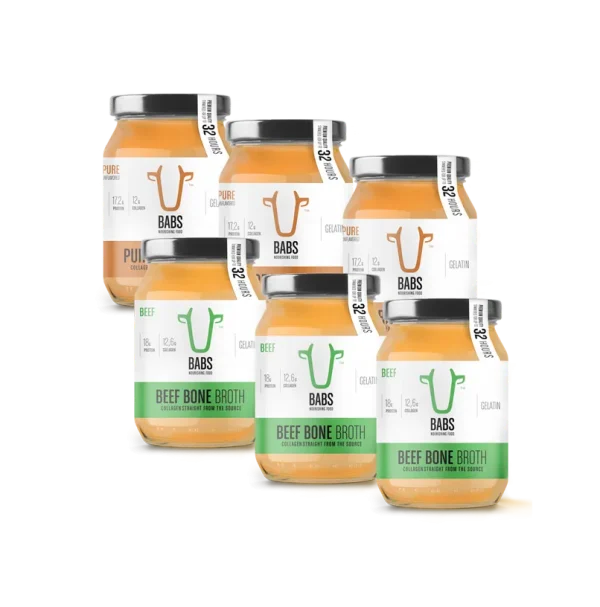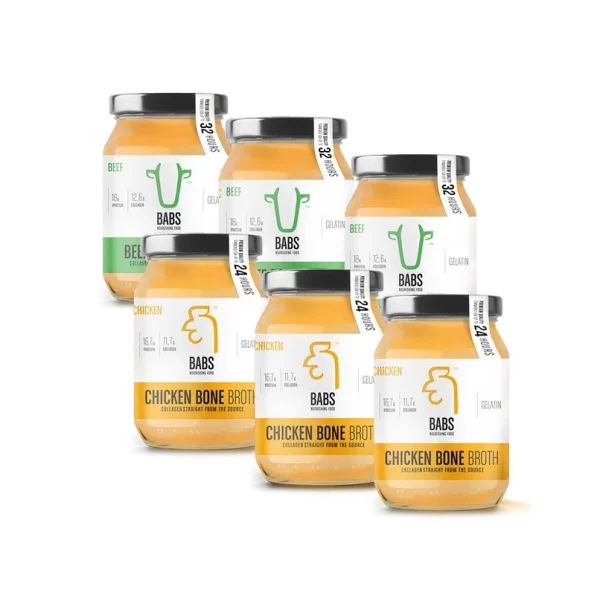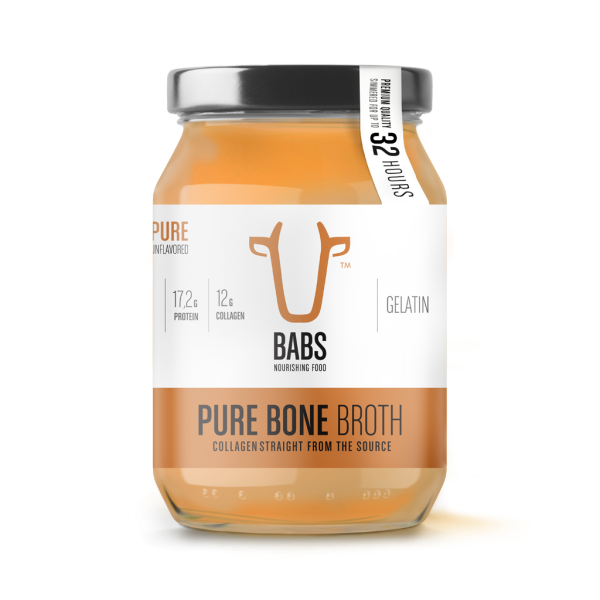Your cart is currently empty!
Clean Food Production: Understanding Its Roots and Its Relevance Today
Tradition & Innovation
Reading time 5 min
In recent years, the term “clean food production” has been increasingly used to describe the practice of using natural ingredients and minimizing the use of artificial additives and preservatives in food processing. This movement has gained momentum as consumers become more aware of what they put into their bodies. In this article, we’ll explore the history of clean food production and its significance in the food industry today.
The Origins of Clean Food Production
The concept of clean food production can be traced back to the organic and natural food movements of the 1960s and 1970s. These movements advocated for wholesome and natural food choices and sought to reduce the use of synthetic chemicals in agriculture and food processing. During this period, the use of pesticides, synthetic fertilizers, and other chemicals in farming increased, leading to concerns about the safety and healthfulness of the food being produced.
As a response to these concerns, the “clean label” movement emerged in the 1980s and 1990s. This movement prioritized the use of simple, natural, and recognizable ingredients in food labels while avoiding artificial or chemical additives. The clean label trend continued to gain momentum in the early 2000s as consumers grew more interested in knowing what went into their food and how it was produced.
BABS BOOK:
Art of Nutrition

The Relevance of Clean Food Production Today
Today, clean food production has become a top priority for many food manufacturers, as consumer demand for healthier, more transparent food options continues to increase. Consumers are increasingly conscious of the potential dangers of consuming artificial colors, flavors, and preservatives, and are demanding more transparency about the contents of their food. In response, many food companies are reformulating their products to meet this demand by using natural sweeteners like stevia and monk fruit and finding new ways to preserve food without the use of artificial preservatives.
Clean food production also means adopting a more comprehensive approach to food production, from the farm to the table. This entails employing sustainable farming practices that minimize the use of chemicals and reduce the environmental impact of food production. Additionally, it involves reducing food waste, using packaging that is recyclable or compostable, and ensuring that workers throughout the supply chain are treated fairly and paid a living wage.
Why We Produce Bone Broth According to Clean Food Principles and Why It’s Important to Us
At our company, we prioritize clean food production principles when it comes to our bone broth production. We use only high-quality, organic, and pasture-raised bones in our bone broth, and avoid artificial additives or preservatives. Here are a few reasons why producing bone broth according to clean food principles is important to us:
- Protein and Collagen: We take pride in producing bone broth that is high in protein and collagen, two important nutrients that are essential for maintaining a healthy diet. Our slow-cooking process extracts the maximum amount of these nutrients from the bones, resulting in a product that is both delicious and nutritious. By adhering to clean food principles, we ensure that our customers can enjoy the benefits of a protein-rich, collagen-rich broth without any added artificial additives or preservatives.
- Transparency: We value transparency in our production process and want our customers to trust that they are getting a high-quality product. By using only simple and natural ingredients in our bone broth and avoiding artificial additives or preservatives, we can ensure transparency in our production process.
- Sustainability: We are committed to minimizing our environmental impact and producing bone broth according to clean food principles helps us achieve this goal. We use only bones from pasture-raised animals, and our production process involves minimal waste and recyclable packaging.
- Long Production Process: One of the key aspects of producing high-quality bone broth is the use of a long, slow cooking process. This involves simmering the bones, along with other natural ingredients like herbs, for maximum of 32 hours. This slow cooking process helps to extract the maximum amount of nutrients from the bones, resulting in a rich and flavorful broth. While this process can be time-consuming and labor-intensive, we believe that it is essential to producing a high-quality product that is rich in collagen and other important nutrients. By taking the time to produce bone broth according to clean food principles, we can ensure that our customers receive a product that is both delicious and highly nutritious.
Producing bone broth according to clean food principles is important to us because it ensures that our customers receive a high-quality, nutrient-dense product, while also promoting transparency and sustainability in our production process. By prioritizing these values, we can stay ahead of the curve in an evolving food industry and meet the demands of health-conscious consumers.
You may also like
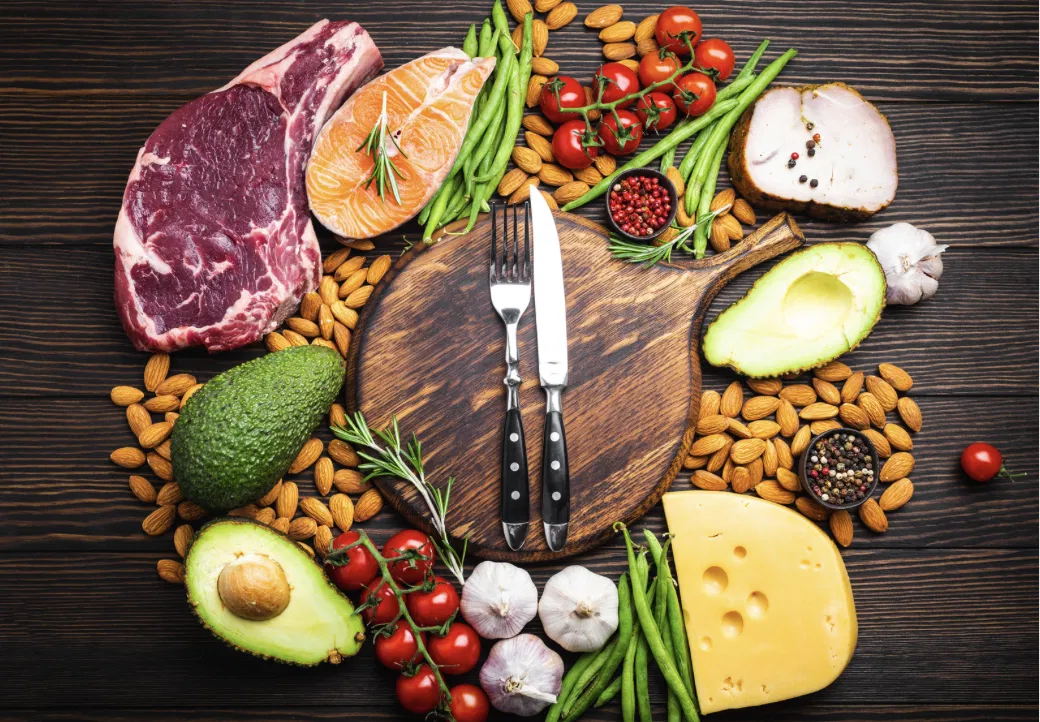
30g Protein + 30 Min Exercise: The Key to Strength & Fat Loss
The simple daily formula for fat loss, energy, and strength…

Why Wild Bone Broth is a Perfect Addition to Your Kitchen
Enhance Your Meals with a Nutrient-Rich Superfood Why Wild Bone…

Eating While Traveling
How to Stay Healthy Reading time 4 min Traveling is a…
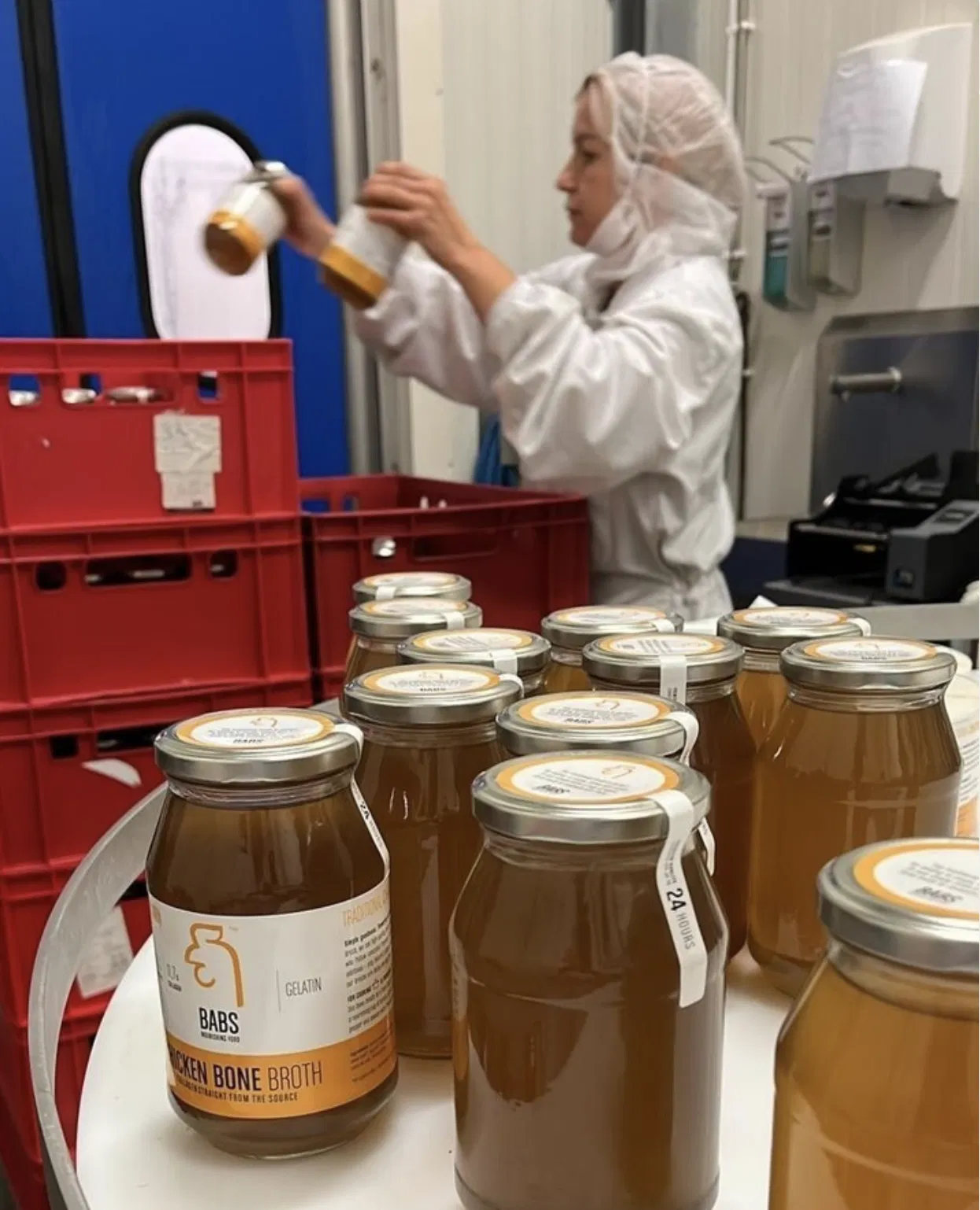
The Unique Quality of Our Bone Broth
Pure Gelatin Excellence for Every Need Reading time 6 min Our…
Need help, got a question?
Let one of our experts be of service!
Reach out to us
We have many standard questions answered on our FAQ page,
but for any specific questions feel free to contact us any time at:
CUSTOMER CARE
EXPLORE
HIGH IN PROTEIN | PROVIDES COLLAGEN


